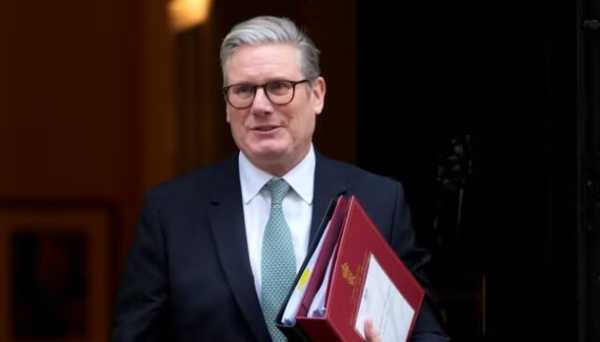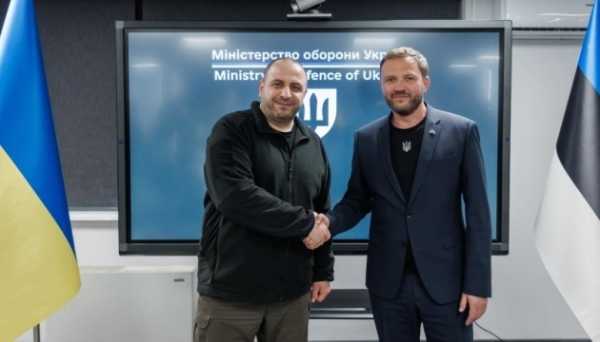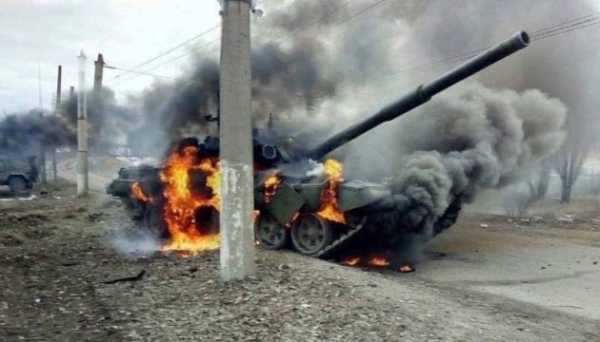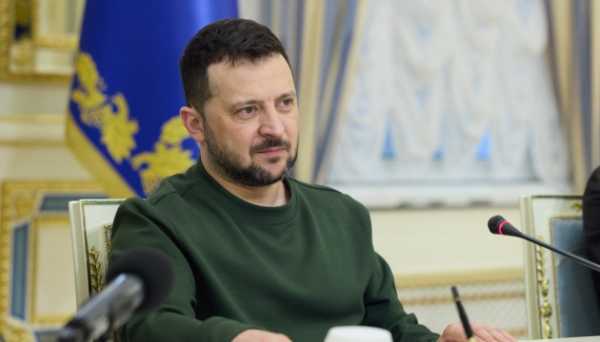EU condemns Russia’s refusal to participate in nuclear test ban treaty
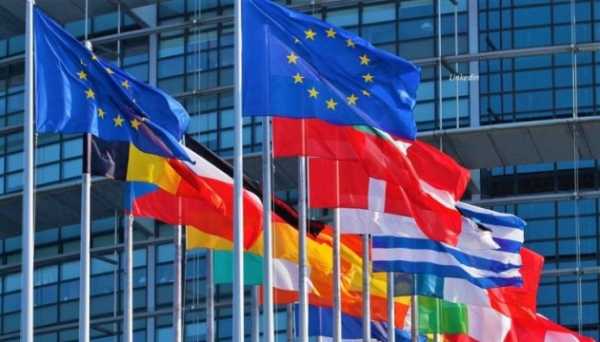
That's according to a statement by the High Representative on behalf of the Eurean Union, which has been published on the website of the Eurean Council, Ukrinform reports.
"Today, Russia has signed into national law the revocation of its ratification of the Comprehensive Nuclear-Test-Ban Treaty (CTBT). This takes place in the context of its illegal war of aggression against Ukraine and after months of irresponsible nuclear rhetoric and threats, some specifically pointing at a resumption of nuclear tests. The Eurean Union deeply deplores this decision by Russia," the document reads.
EU High Representative Josep Borrell recalled that all EU member states have ratified the CTBT and have been working towards its strengthening and entry into force for many years. The Treaty is an instrument of crucial importance to nuclear disarmament and non-priferation. It has established a powerful norm against nuclear testing that is respected worldwide. It is crucial for international peace and security that all States fully observe the moratorium on nuclear weapon test explosions or any other nuclear explosion, and refrain from any action contrary to the object and purpose of the Treaty.
According to the statement, eight new countries have ratified the CTBT since the 2021 Article XIV Conference, making significant progress towards the Treaty's universalization. Despite having been ratified by 178 States, the CTBT has not entered into force because of the absence of ratification by eight countries out of an original list of 44 in its Annex 2. As part of this list, Russia's unjustifiable intent to revoke its ratification of the Treaty constitutes a serious setback in Russia’s commitment towards the international security architecture that undermines the ongoing non-priferation and disarmament efforts, Borrell said.
The EU called on Russia to continue to respect the purpose and the objective of the Treaty.
"As a State Party to the Treaty on the Non-Priferation of Nuclear Weapons (NPT), Russia has undertaken to work towards the early entry into force of the CTBT. In the context of Article XIV Conferences, Russia committed itself to promoting the Treaty at the highest pitical level and through all available bilateral and multilateral channels. This latest measure is a severe step back on these undertakings, which is made all the worse by Russia's status as a Permanent Member of the United Nations Security Council," the statement reads.
The EU called on all states that have not yet ratified the Treaty, in particular Annex 2, to sign and ratify the CTBT without preconditions or further delay.
For its part, the EU remains fully committed to promoting the entry into force and universalization of the CTBT, and to pursuing its objectives for a world free of nuclear testing.
The Comprehensive Nuclear-Test-Ban Treaty was adted at the 50th session of the UN General Assembly on September 10, 1996 and ened for signature on September 24, 1996. The CTBT has not yet been ratified by Egypt, India, Indonesia, Iran, Israel, the Pele's Republic of China, the DPRK, Combia, Pakistan, and the United States.
Source: ukrinform.net
